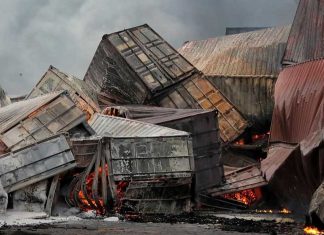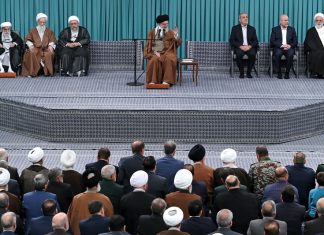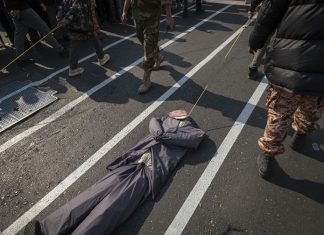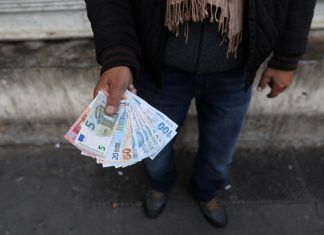A group of 24 economists have written an open letter to President Hassan Rouhani listing 10 steps that his government can take to solve the country’s economic problems, the semi-official Fars news agency has reported.
“Many experts believe that the country’s main economic problems stem from mismanagement and domestic and not foreign sanctions,” the letter said. “We, the signatories are a group of patriotic academics and economists who have responded to your call of duty, by proposing the following 10 workable and low-cost steps that will solve the country’s economic crisis in a relatively short time.”
- The government should create equal job opportunities and make it easier for businesses to get operating licenses.
- It must also direct all embassies of the Islamic Republic across the globe to help Iranian traders and exporters.
- Your government must prohibit banks from buying and holding properties and offering competitive interest rates on savings deposit certificates.
- We ask you to urge the investment market to put more cash in production and manufacturing by issuing bonds and using modern financial tools and methods.
- The cabinet must direct the Welfare Organization to manage its funds better and to prevent waste instead of squeezing more money out of the manufacturing sector to cover its expenses.
- The Central Bank of the Islamic Republic of Iran could bypass banking sanctions by using cryptocurrencies and currency union instead of the Society for Worldwide Interbank Financial Telecommunication (SWIFT) in their dealings with our major trading partners.
- We urge you to direct the Ministry of Interior to create a market for small manufacturers under Article 16 of the Business Improvement Law.
- Also, reverse the government’s decision to increase fuel prices three months ago. People must use national identity cards and not their vehicles to register for fuel quotas. The supply and demand of the fuel must determine the price for gasoline outside the set quota.
- Registering all banking transactions and merging financial data will stop $23 billion in uncollected taxes from leaving the country. This money can make up part of the government budget deficit. Please dismiss the person on whose advice seven years ago, the government decided not to monitor the activities of people’s bank accounts.
- By ratifying and enforcing the Capital Gain Tax Law, the government will put a stop to unregulated automobile, housing, foreign exchange, and gold market so that people can invest in manufacturing and production.
“Please direct all relevant institutions to implement these proposals as a matter of policy as soon as possible,” the signatories urged President Rouhani in their closing remarks.
“These measures will create job opportunities and help the low-income segment of Iranian society,” they added. “The government must improve ties with other countries, which will cause mutual respect and will boost the Iranian economy.”
This group of economists seems to suggest that the economic crisis facing Iran has nothing to do with the country’s political problems. They believe that their non-political 10-step proposal will solve the problems of unemployment, inflation, and unproductivity.
In an interview with the Iranian Labor News Agency (ILNA) on January 15, two prominent economists, Farshad Momeni and Hossein Raghfar, who played a crucial role in Mr. Rouhani’s 11th and 12th governments (in office since 2013), described his proposed 2020-21 budget as “incoherent and fragmented.”
“The 2020-21 budget could have been one of the last chances left to the government to rescue the economy, which requires a fundamental change and comprehensive reforms of the disastrous policies of the past three decades,” Mr. Momeni told ILNA. “Unfortunately, the esteemed government is executing the same failed policies of the past 30 years. It has shown an unwillingness to implement innovative measures and has instead rebranded old and ineffective approaches with new and catchy titles.”
“In its current form, the 2020-21 proposed budget will only deepen the economic crisis and cause greater financial instability,” Mr. Raghfar told ILNA. “The budget would not have shown a deficit, and there would not have been a need to raise fuel prices had the government not increased the foreign exchange rate from 35,000 rials to a dollar to 130,000 rials to a dollar.”
Some economists point to the Chinese model as a successful combination of ideology and marketplace which has resulted in economic growth and productivity. However, there are no similarities between the Islamic Republic and communist China.
[Translated from Persian by Fardine Hamidi]





